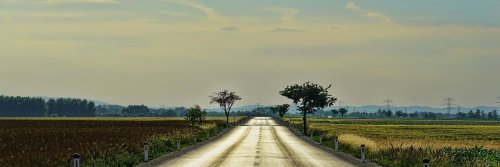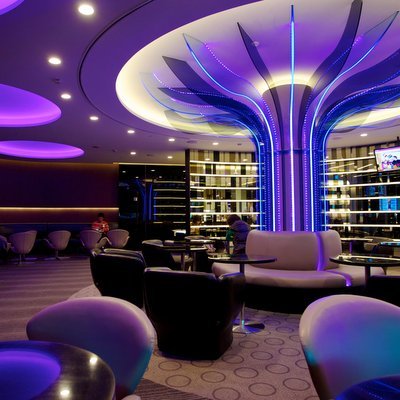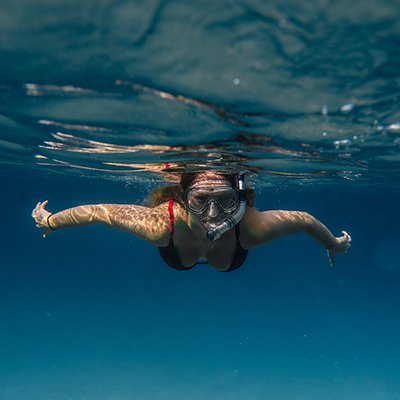Has travelling improved thanks to social media, or has it been the complete opposite? In the age of Instagram, more and more people than ever before seem to be exploring the world and documenting their adventures. Social media has certainly made it easier to plan your trips, but what are the pros and cons of using social channels such as Instagram to prepare for your vacations?
PROS
It’s easier to plan trips independently
Travel agents are a thing of the past for many travellers, as social media has made it easier than ever before to do your own research and planning. When you can scroll through accommodation on your phone, why would you pay someone else to find the perfect hotel for you?
You can instantly see real photos of places you’d like to visit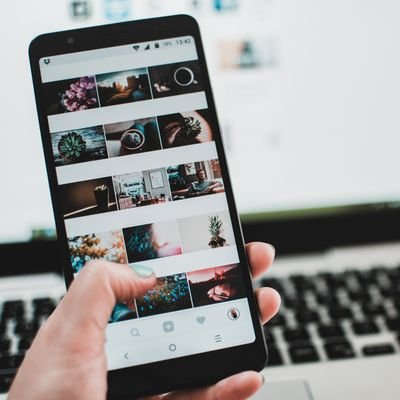
Yes, some photos on Instagram are heavily edited but if you search a location tag you will see plenty of unedited photos from previous travellers. If you compare these real-life photos to the hugely photoshopped images you often see in travel brochures, it’s obvious which will give you the more realistic expectations.
You can speak to people on social media for tips
It’s quick and easy to reach out to fellow travellers to ask advice for where to visit, recommendations of where to stay or reviews of places that you would love to travel to. It takes barely any time to leave a quick comment or send a direct message to receive a response that’s honest and helpful.
You can quickly view feedback
Platforms such as Facebook and Twitter allow you to view the feedback of previous visitors. You can easily see if those who have been customers of a particular hotel, restaurant or airline have experienced any problems that could also impact you.
It’s easier to create a more personalised trip
Social media can help you to discover places and experiences that suit you and your way of travel, rather than relying on guidebooks that share generic information. If you’re looking for vegan restaurants, relaxed bars or destinations that are ideal for those who prefer a slower pace of travelling, there are hashtags for everything.
CONS
Popular destinations are experiencing problems with over-tourism
Social media algorithms reward popular content, which promotes the more popular travel destinations more heavily than those with fewer visitors. This is why it feels like everyone is visiting the same places when you view your Instagram feed – it’s a knock-on effect. Not only does this give you restricted access to information on destinations you may enjoy, but it also helps to contribute to over-tourism in the most popular places.
It’s hard to know whom to trust
With so many travel influencers being paid to promote destinations or hotels, it’s getting harder to know which ones you can trust to give an honest review of their trip. Many influencers offer genuine feedback of their travels, and their content can help you to plan your own adventures. But how do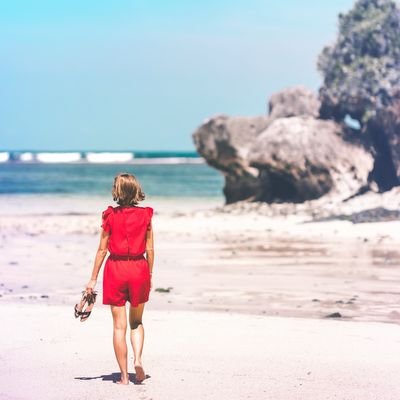 you know who is being honest and who is just in it for the money?
you know who is being honest and who is just in it for the money?
You’re less likely to stumble upon a hidden gem
Hidden gems aren’t highly publicised on social media, because, as we mentioned above, the algorithm prefers more popular destinations. If you’re looking to get off the beaten track, you may struggle to discover interesting content or worse – your own personal secret spot could be unveiled to the world.
You are less likely to travel slowly
Social media promotes a faster pace of travel, as you gain more and more places to tick off your bucket list. If you’re more interested in quality than quantity when travelling, you may find that Instagram and other social channels don’t promote this way of travel.
There’s a pressure to share
Before you’ve even set off, you may find that social media incites a pressure to share everything about your trip – even the planning and packing. If you want to keep your travels to yourself, you might want to save social media for the planning stage and turn off your data when you’re away.
Emma Lavelle is a UK based writer and photographer and has her own blog Field and Nest.

